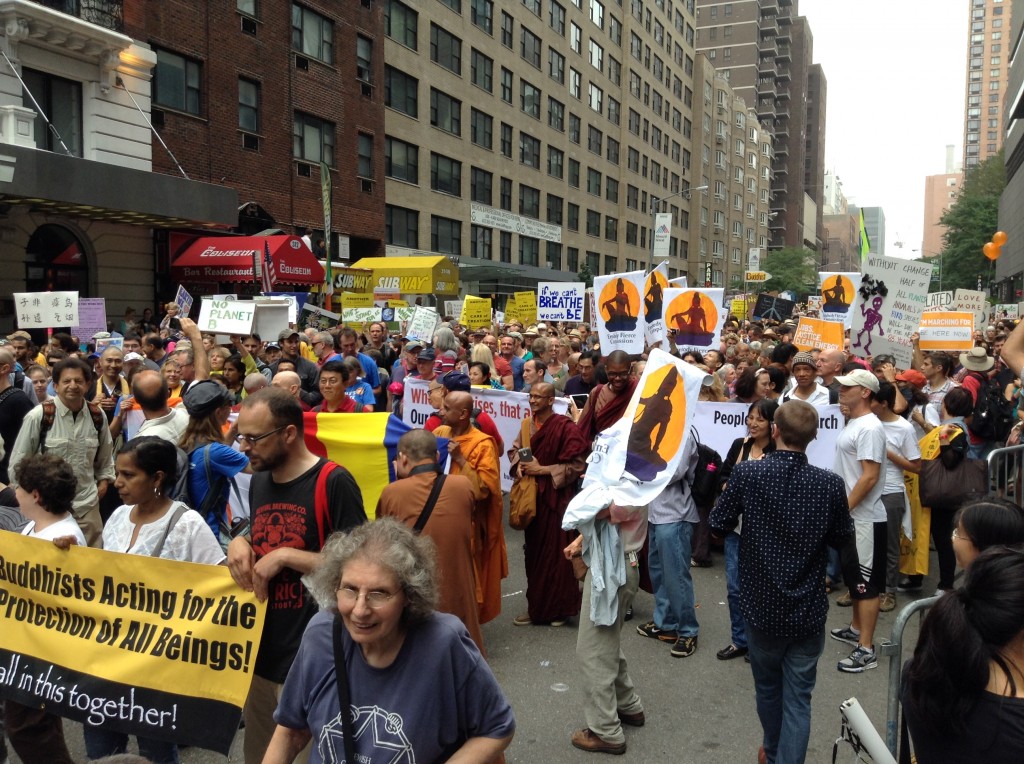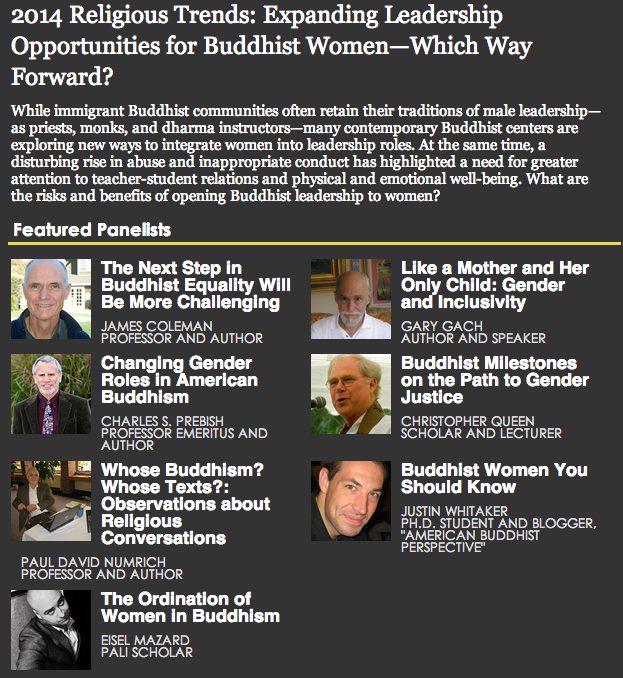
The New York Times reports this week on “a resurgence of religious violence [that] left two people dead and more than a dozen injured” in Mandalay, Burma’s second-largest city (behind Yangon).
Religious violence, which has left more than 250 people dead and close to 150,000 homeless since rioting broke out in western Myanmar in June 2012, has been a major setback for Myanmar’s transition from a military dictatorship to democracy.
The government of President Thein Sein says it is trying to contain the violence and has blamed shadowy forces. Activists say the government is not doing enough and point to a set of laws proposed earlier this year by Mr. Thein Sein that they say reinforces the religious polarization. The laws would, among other things, require Buddhist women to obtain permission before marrying outside their religion.
A posting on Facebook by Ashin Wirathu, a Buddhist monk and spiritual leader of the radical Buddhist movement known as 969, appeared to have partly spurred the violence in Mandalay. He posted news of the reported rape and urged the government to crack down on what he called “jihadist Muslims.”
In addition, Foreign Policy offers a chilling new report on how “an ultranationalist Buddhist militia is training to ‘defend the fatherland’ against Rohingya Muslims.”
Both are worth a read. This is a situation that everyone — not just Buddhists — should be paying attention to.











